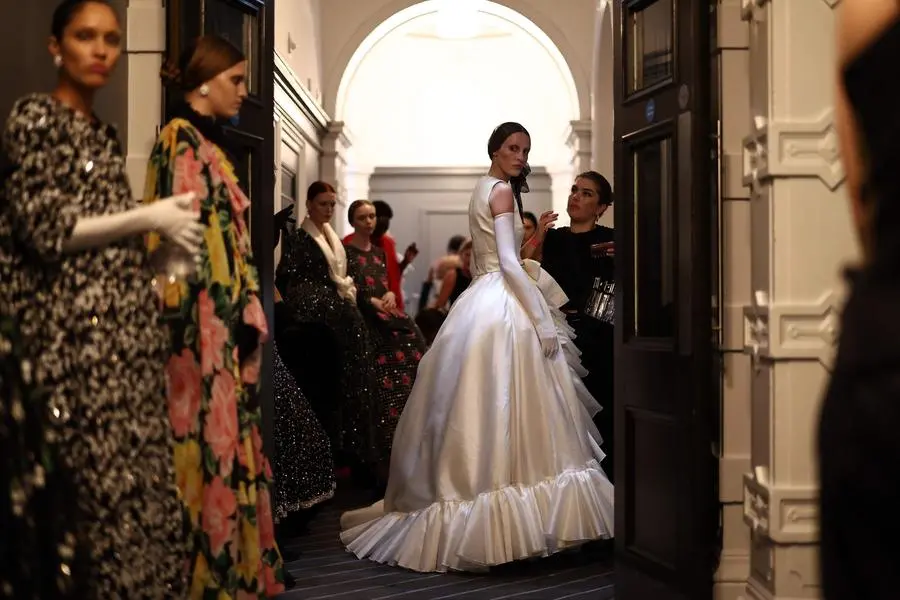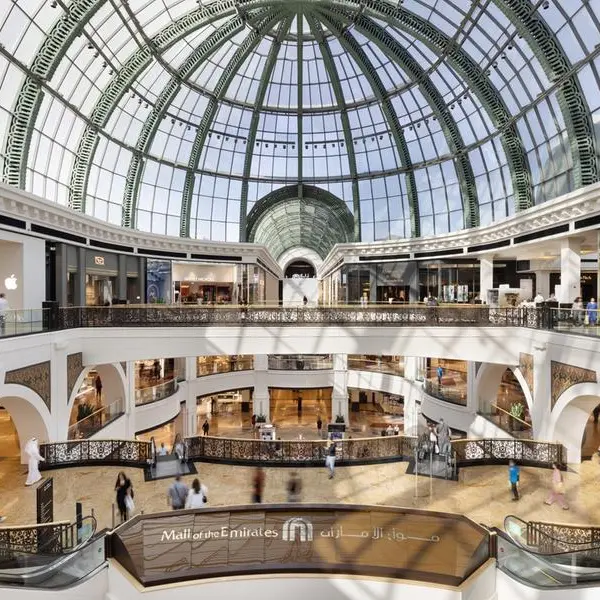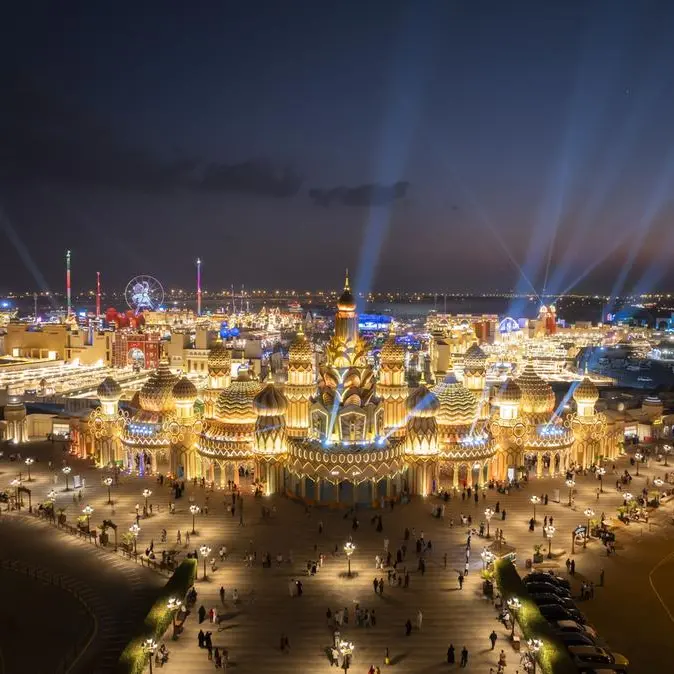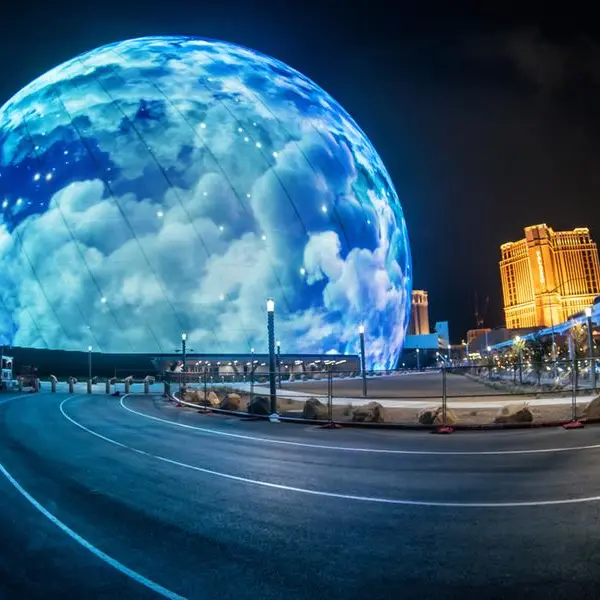PHOTO
Creators, influencers, buyers and celebrities will gather in London on Friday to celebrate the 40th anniversary of the UK capital's Fashion Week in a five-day extravaganza that organisers hope will bring some cheer to young designers hit by a gloomy economy.
Around sixty budding talents together with renowned names like Burberry will present their 2024 Autumn/Winter lines across London on a mix of live and virtual stages.
Unlike the fashion weeks in Paris and Milan, which prdominantly showcase established houses, London's Fashion Week is celebrated as a platform for young talents, such as the Ukrainian Masha Popova and the British-Nigerian designer Tolu Coker, who will kick off the event on Friday.
The weekend will feature more familiar names including JW Anderson -- whose designer Jonathan Anderson was named Designer of the Year 2023 by Vogue -- Richard Quinn, Ahluwalia and Simone Rocha, who recently designed Jean Paul Gaultier's last haute couture Spring/Summer 2024 collection presented in Paris in January.
The event comes at a tumultuous for Britain's fashion industry, with trade obstacles following Brexit and a cost-of-living crisis fuelled by inflation over the past two years, causing many young fashion houses to question the viability of investing in UK fashion shows.
Rising star Dilara Findikoglu made headlines last September after she cancelled her show days before the event due to financial reasons.
The industry, which employs close to 900,000 people in the UK and contributes 21 billion pounds ($26 billion) to the British economy, is facing "incredibly challenging times," London Fashion Week's director Caroline Rush said in an interview with AFP.
But what can be garnered from 40 years, she said, "is that in the most economically challenging times, you see the most incredible creativity".
"There's almost this visceral reaction to what's happening at home," Rush said.
"I'm hoping that the creativity that we see over the next few days will be incredibly uplifting, that it will talk about the role of culture and creativity in society," she added.
Diversity
In 1984, a tent set up in the parking lot of the former Commonwealth Institute in Kensington, West London, hosted the first edition of London Fashion Week.
Over the years, with the help of rebellious designers like Vivienne Westwood, John Galliano and the "Cool Britannia" era in the 1990s -- a period when Stella McCartney dressed supermodels Kate Moss and Naomi Campbell -- the city was placed firmly on the fashion map.
Since then, however, the week has lost some of its allure, with star designers and houses including Alexander McQueen and Victoria Beckham preferring to showcase their designs in Paris.
However, the British Fashion Council's NEWGEN sponsorship program, which supports young designers in launching their careers, has solidified London's status as a talent incubator.
And, while it may be less influential than Paris and Milan, the youngest of the four major "fashion weeks" continues to be celebrated for its freedom, radicalism and less conventional approach.
This year, the event is set to promote a broader spectrum of diversity and inclusivity, embracing a variety of body types, ages and skin tones among the models.
It will also showcase designers' collections that draw on identities and inspirations from the Caribbean, Iran, India, and Ethiopia.
British brand Burberry, one of the flagship designers at the event, has been building anticipation for the third collection of its English creative director Daniel Lee, which will be showcased on Monday.
In recent days, the high-end department store Harrod's has been adorned in Burberry's new signature colour "Knight blue," from the porters' uniforms to the facade of the institution.





















